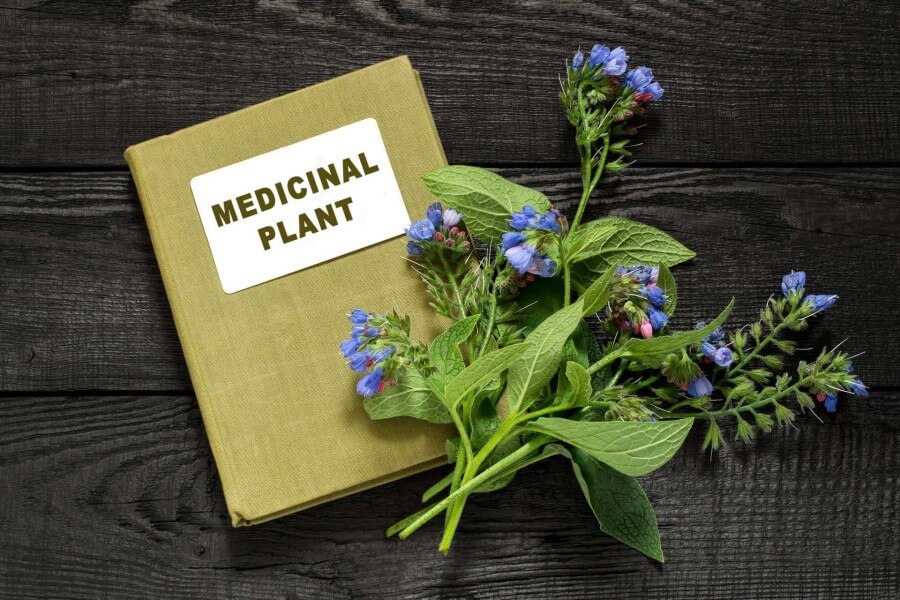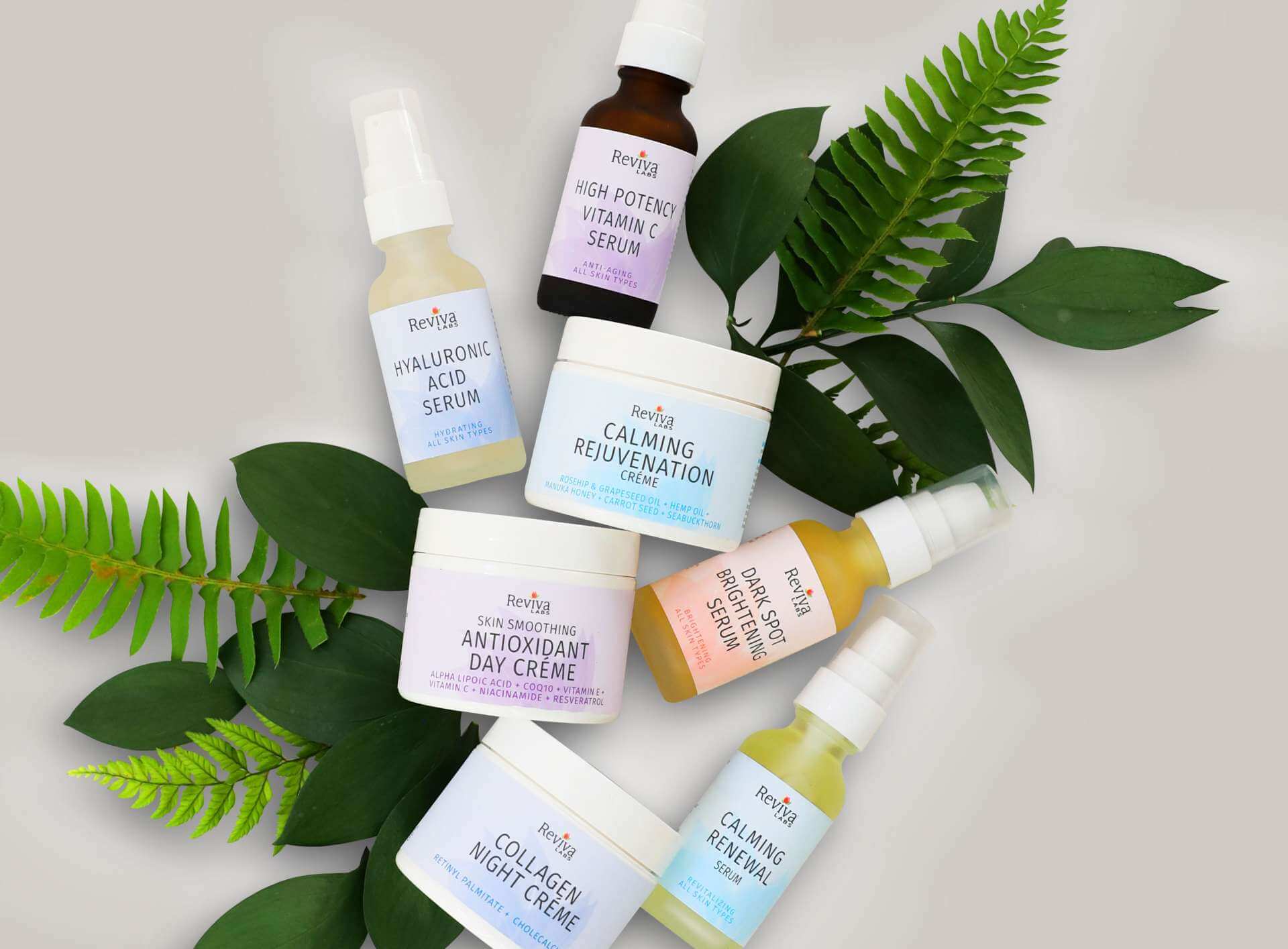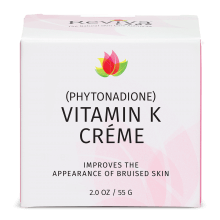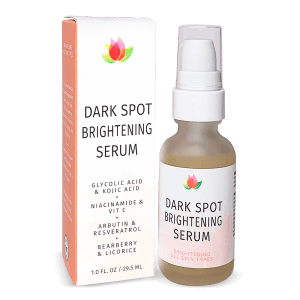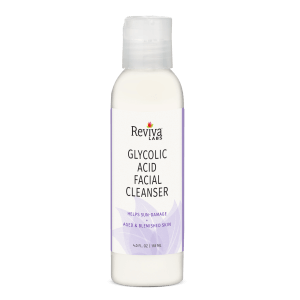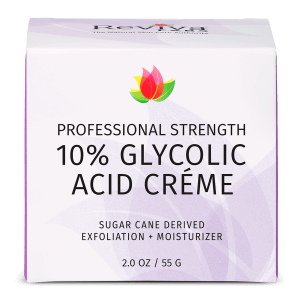Allantoin is an active hydrating and anti-inflammatory ingredient. It’s effective at boosting the moisture level of the skin, keeping it supple and hydrated, and reducing inflammation and preventing redness caused by acne and other skin conditions. Allantoin’s anti-irritant properties explain why it’s widely used in hydrating products and in products aimed at sensitive skin.
Allantoin helps in speeding up the healing process of wounds. It’s commonly used alongside medication in child eczema treatments to soothe skin and reduce inflammation. In general, allantoin has properties that are beneficial for a range of skin concerns including dryness, scaly patches, rough texture, fine lines, as well as hyperpigmentation and acneic scars.
What is Allantoin?
Allantoin is a naturally occurring ingredient that is derived from the uric acid found in the tissues of certain plants, particularly comfrey. Though it can be extracted from beets, chamomile, wheat sprouts, etc. but typically today it’s synthesized from urea or glyocylic acid. It is a popular skin care ingredient used in a variety of products, including face creams, lotions, moisturizers, anti-aging serums, acne treatments, and even shampoos and conditioners. Allantoin has been used in the treatment of various skin issues since the 1930s. It has been found to have many beneficial properties for the skin, such as promoting collagen production, protecting against oxidative stress, healing wounds, reducing inflammation and redness, and increasing hydration. Moreover, it is also non-toxic and has no known side effects on the skin. Allantoin is particularly useful for dry or sensitive skin types, as well as those who suffer from acne.
How does Allantoin Work?
Allantoin is a soothing and healing agent that is known to increase hydration in the skin. It can do this because it has a natural ability to draw water into the skin. The increased moisture that is provided by allantoin is especially beneficial for those who suffer from dry skin. When used regularly, allantoin can improve the texture of the skin and even out fine lines and wrinkles. And it does all of this without being too harsh on the skin.
Benefits of Allantoin in Skin Care
As mentioned above, allantoin reduces inflammation, which is a common cause of acne breakouts. This makes it a useful ingredient for acne-prone skin. Allantoin protects the skin from oxidative stress, which can cause premature signs of aging. This makes it a great ingredient for those who are looking for an anti-aging skincare product. Like Vitamin C, allantoin is known to promote collagen production in the skin. This makes it useful for those with dry, scaly, or rough skin. It also promotes wound healing, which makes it an effective ingredient for those who suffer from acne breakouts. Allantoin has a hydrating effect that can be particularly beneficial for dry, sensitive, and acne-prone skin. And it helps to heal wounds and soothe the skin. This makes it a good ingredient for those with acne or acne scars.
The benefits of Allantoin are so plentiful that you’ll find it in almost every skincare product. Though the percentage can vary widely – though it’s often low. Why? Allantoin becomes an FDA regulated active ingredient between 0.5% and 2.0%. So, it’s often used in lower concentrations. But a little goes a long way.
How to Use Allantoin?
Allantoin is commonly found in face creams and moisturizers. You can use it for its anti-aging and skin healing benefits. You can add it to other skincare products or use it on its own. Here are some tips on how to use allantoin for better results; If you are using a face cream that already has allantoin in it, apply it once in the morning and once at night. You can apply allantoin to your face, neck, and decolletage areas. You can also add allantoin to your skincare regimens as part of your night routine or in the morning if you have dry or sensitive skin. Make sure you apply allantoin on a clean and dry face.
Allantoin is a popular skincare ingredient that promotes skin healing and is known to reduce inflammation. It is generally an ingredient that is used for sensitive and dry skin types. Moreover, it also has anti-aging properties, making it suitable for all skin types. Allantoin is a proven ingredient that is known to be effective against various skin issues such as inflammation, dryness, and redness caused by acne. It can also be used to heal acne scars and speed up the skin healing process. All in all, allantoin is a skincare ingredient that you will not want to miss out on.



